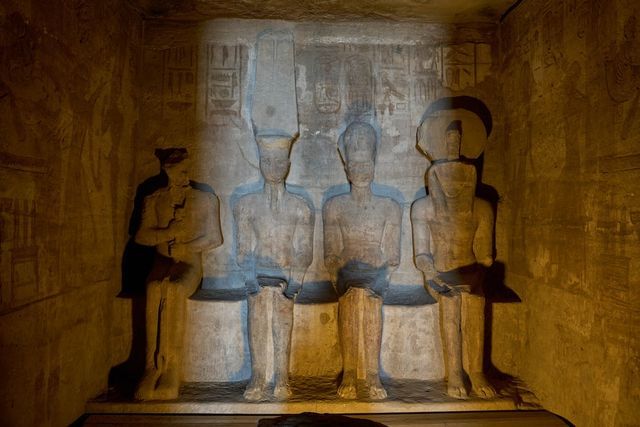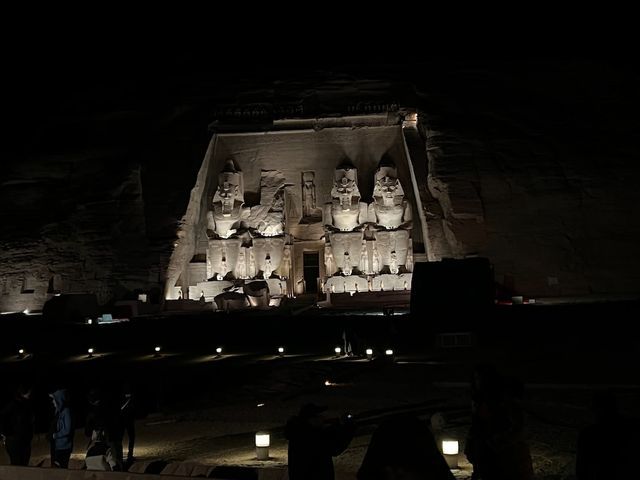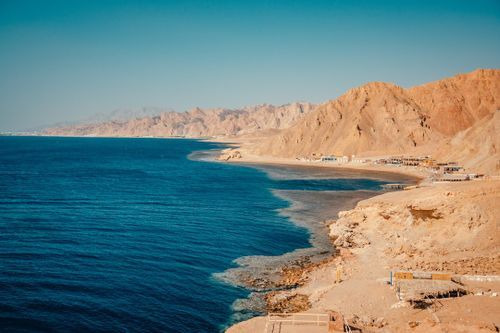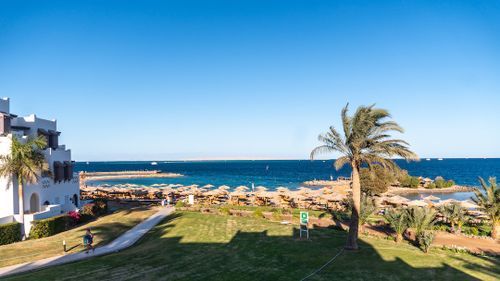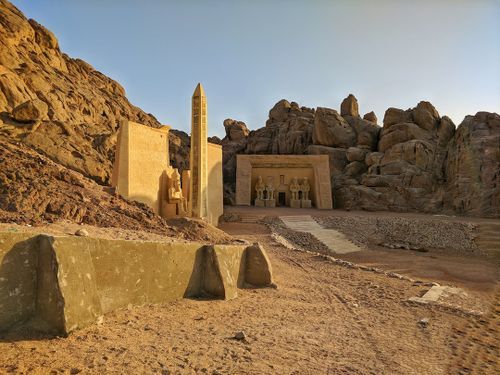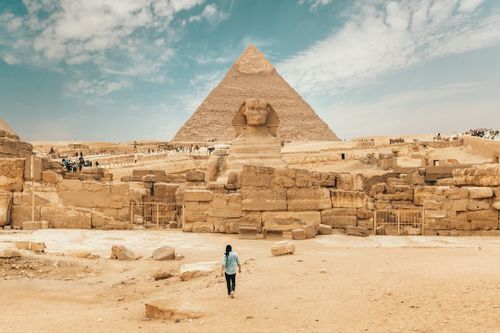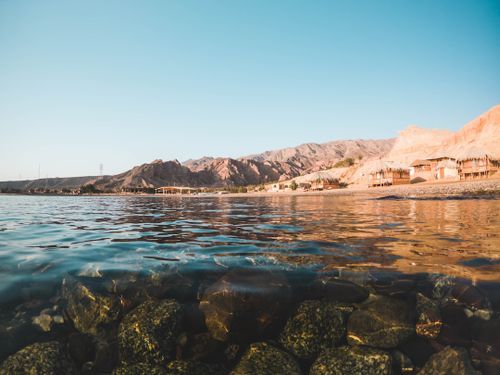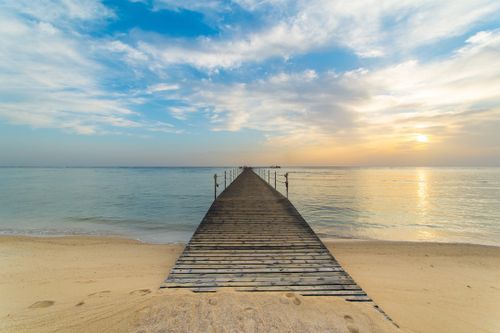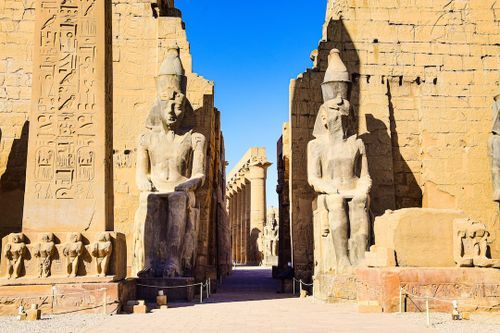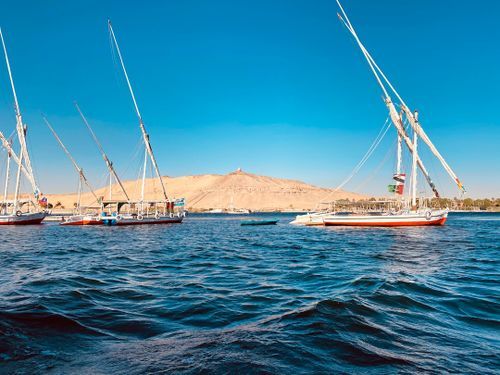Is Abu Simbel safe for solo female travelers?
Abu Simbel is generally safe for solo female travelers. As it's a well-toured area, precautions have been implemented for the safety of tourists. Local people are friendly and helpful. However, cultural norms and dress codes should be respected. Be aware that unwanted attention can be a common experience, although it's rarely more than a minor annoyance. Just like in any other tourist location, it's always intelligent to be vigilant about personal belongings.
Safety rating
Abu Simbel is currently ranked #24 safest place in Egypt for solo female travellers, with an overall safety rating of 3 out of 5. . Check the full ranking.
How safe is Abu Simbel for solo female travelers?
No travel experience found
Be the first to share your experience.Safety in Egypt






